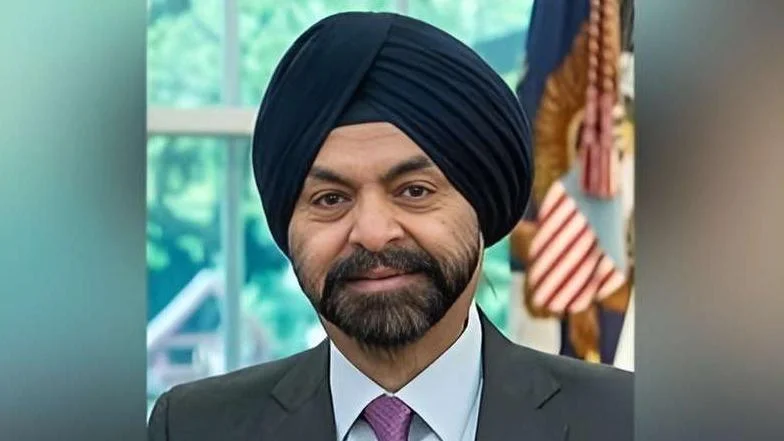In the neighborhood of Sabalibougou, Bamako, a new faucet installed in Coulibaly Lamine's house has been providing consistent access to drinking water since 2021. "Before this tap was installed, we had to travel several kilometers to fetch water," she recalls. Old water cans and scrap metal used for water transport are still visible nearby.
Kalaban Coura residents also benefit from improved access to drinking water. Mrs. Djanaba Touré highlights the health and financial benefits of having water at home: "Since the installation of the faucet, our children no longer get sick so frequently," she says. The cost savings are significant as well: "Previously, we could spend up to 20,000 FCFA per month to buy water far from our neighborhood; now our water bill is about 3,500 CFA francs."
A 6000m3 reservoir ensures a constant supply for Bamako's left bank suburbs.
The capacity for drinking water increased from 220 million liters to 500 million liters on the right bank of the Niger River due to infrastructure developments by the Bamako Water Supply Project from Kabala. Idrissa Sadou Diallo, Director General of SOMAPEP.SA, states: "It is unthinkable to imagine Bamako today without the intervention of this project." He adds that Kabala has boosted production significantly.
The Kabala project subsidized over 106,000 social connections at a reduced rate and constructed more than 2,000 km of pipeline network. This initiative provided over 1.3 million people with safe drinking water and improved services for over 2 million others.
To build on these achievements, Mali's government and the World Bank signed a €92.2 million financing agreement on February 7, 2025. The Mali Water Security Support Project (PASEMa) aims to continue efforts under Phases I and II of the Kabala Potable Water Supply Program.
Efforts on Bamako's left bank focus on establishing social connections and improving infrastructure in five secondary cities in Mali. Plans include constructing pumping stations and enhancing distribution networks with public standpipes and social connections.
Mali's Minister of Economy and Finance expressed confidence in PASEMa: "This new project demonstrates the government's commitment to prioritizing citizens' needs," said Alousséni Sanou.
PASEMa seeks to enhance distribution efficiency by saving approximately 24 million liters of water through replacing old connections and protecting resources within river basins.

